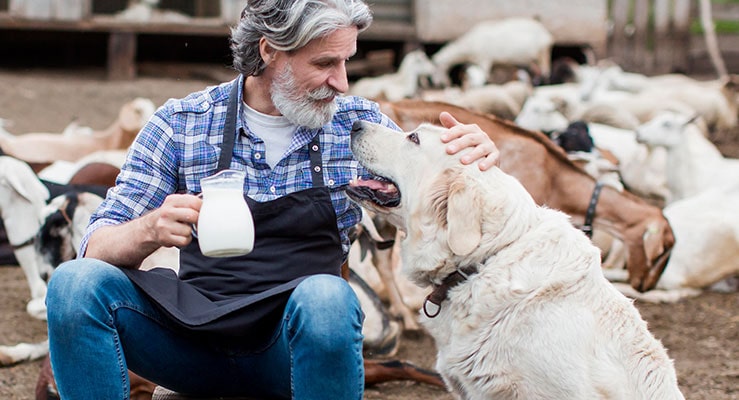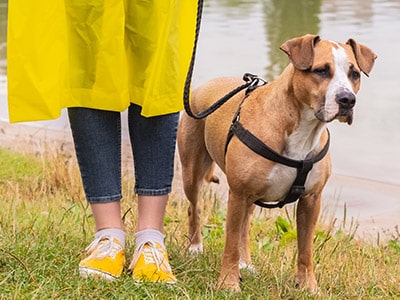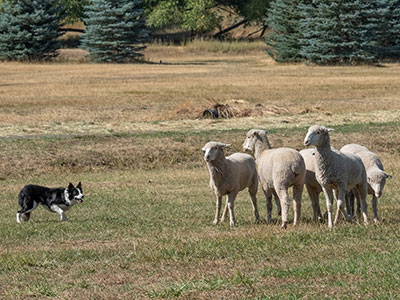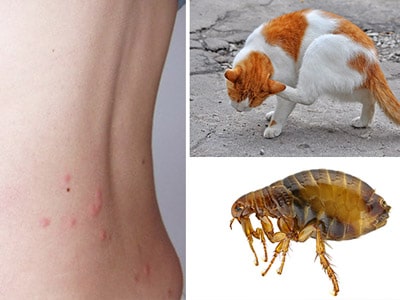Is milk good for dogs? Find out how safe milk is for your puppy and whether you should include milk in an adult dog diet or you should avoid it.
It is no secret that many dogs love dairy products. Cheese may be a weakness for some dogs, while others love ice cream (who can blame them?). There are even some fast food places that will offer you a complimentary cup of ice cream if you are accompanied by your canine friend.
But like all human foods, you will want to make sure that it is safe for your dog. While milk is an important source of calcium, Vitamin D, B12, A, and other nutrients there are much better food types where your canine can get these essential vitamins and minerals.
Can You Give Your Canine Milk?
Milk and other dairy products are perfectly acceptable to give your pup. However, you need to provide these meals to them in moderate doses. Small quantities of these dairy products typically do not harm the dogs as long as they do not have lactose intolerance or other known gastrointestinal health problems. But if you give them a huge bowl full of milk and they quickly throw it up, it might be more than just lapping it up quickly.
If your dog loves milk, you can consider giving him other dairy products that he may tolerate better, like yogurt. Yogurt is a great option for dogs, as long as it is plain and unsweetened (keep in mind that sugar will cause much more damage to dogs than milk ever can). Some dogs will even prefer Greek yogurt, which is a more concentrated alternative.
How Safe is Milk For Your Pup?
Milk is safe in moderation for your pup. Like everything, small amounts are the key to avoid the issues. If your pup is given lots of milk and other dairy products over extended periods of time, it can be damaging to their health.
You may feed your dog cow milk in small batches. If you do decide to go with dairy for a treat (although there are much better alternatives out there), do not give your pup whole milk. Whole milk is full of fat. Over time, the high-fat diet can lead to obesity, diabetes, heart problems, pancreatitis, and other health issues.
Pancreatitis is a very dangerous condition for any dog. If you suspect your pup might suffer from this disease, check for a dog that does not want to eat, vomits after eating, has a fever, or a very low body temperature. Some dogs will also have a hard time breathing and be lethargic.
If your dog has any of these symptoms for more than 24 hours, get them to the vet to have an exam.
If your dogs love milk products, you can use these products as treats for them. Just be sure that you only give them 10% of their daily calories or less in the form of dairy treats.
Different dogs might prefer milk cows milk, while others might prefer sheep or goat milk.
If your pup adores cow milk, you may want to consider trying out goat milk as an alternative. This is a safer option as it can be easier for your fur baby to digest.
Goat milk also contains probiotics and essential vitamins, minerals, and electrolytes. Goat milk also has enzymes, fatty acids, trace elements, and protein. The fat molecules are ⅕ the size as those that are in cow’s milk, therefore, they are much easier for a dog to digest. Goat milk can also help with such issues in dogs as diabetes, kidney stones, kidney disease, malnutrition, and liver disease.
Can Dogs Be Lactose Intolerant?
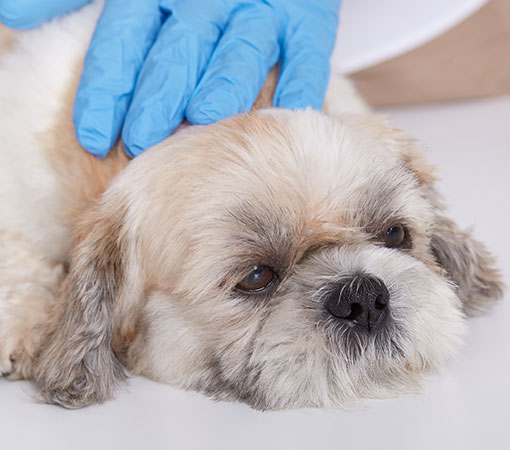
While some dogs can experience mild symptoms when they are lactose intolerant, others have more acute symptoms. Be aware if your dog has any of the following symptoms:
- Gas
- Loose stools
- Diarrhea
- Vomiting
- Bloating
- Stomach pains
Typically, most pups are capable to produce plenty of lactase. When they are nursing from their mama, they use it to assist in breaking down the milk.
Once the mama weans the pup, and they start to eat puppy food, their bodies produce less lactase than when they were nursing. When the levels of this enzyme are very low and the dog consumes milk products, the canine can become lactose intolerant.
In one cup of both whole milk and skim milk, there are 11 grams of lactose. Yogurt has less than half at 5 grams per cup, while ice cream sits at 6 grams per half-cup.
Dogs can also experience gastrointestinal issues when they have milk and other dairy products. A dog that has an upset gastrointestinal tract will generally show signs up to 12 hours after consuming milk products.
Are There Any Problems Associated With Dogs Drinking Milk?
While milk can be a great source of nutrients for both humans and dogs, there are some serious health conditions that are associated with dogs drinking an overabundance of milk, such as pancreatitis, and other diseases listed above. You should also never give your dog chocolate milk, as chocolate can be toxic for your canine.
Conclusion
Your dog is your best friend. So it is no wonder that you want only what is best for him. That includes his diet too. While milk and other dairy products are beneficial for most dogs, others can suffer from only ingesting the smallest amount.
If you are uncertain about your dog’s diet and don't know whether you should include milk in an adult dog's diet, it's advisable that you speak to your vet. He will be able to help you determine if it is OK to give your particular canine friend small amounts of milk or other dairy products. While dairy products are not toxic to your furry friend, by discussing this with your vet, you can save your pup a lot of misery.

